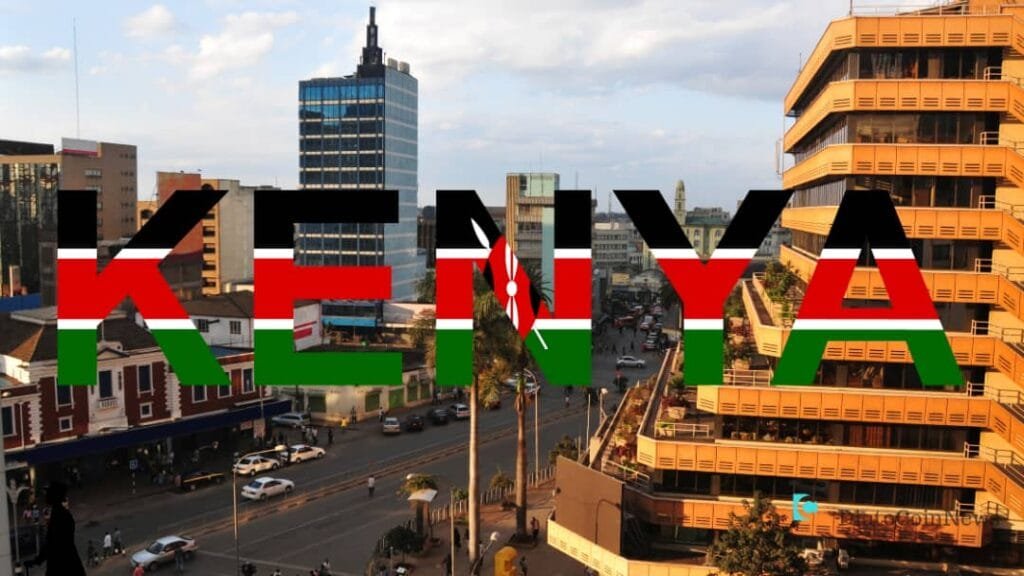Technology in Nigeria is a fast-growing industry that has gained momentum in the last few years. Its prospects have led states like Nasarawa and Kaduna to prioritize the creation of technology villages in order to harness the growth potential of their tech sector.
International organizations like Google have also had eyes on Nigeria and went ahead to open a Developer’s Space office in Lagos in 2020.
Even the former CEO of Twitter, Jack Dorsey visited Nigeria on an African tour in 2019 to engage with stakeholders in the industry and identify areas for collaboration. Africa’s leading tech companies like Flutterwave and 54Gene have set the pace for other Nigerian-owned tech start-ups to follow suit and gradually grow from Nigeria to the world.
Despite these encouraging facts, the start-up space of the country as a whole is still experiencing major setbacks, as over 60% of start-ups are still failing over the course of a decade.
The Nigeria Startup Bill (NSB) was passed by the Nigerian Senate to solve some of these challenges by creating a more conducive environment for tech-based businesses in particular to succeed and on October 19th 2022, the bill was successfully signed into law.
The Act will be in servitude to all tech-enabled start-ups incorporated under the Companies and Allied Matters Act. To be regarded as a start-up under this Act, there are set criteria to follow, such as having been registered and operational for less than 10 years with an objective to leverage existing innovative technology advances to solve a problem or provide a service.
The Act will provide a start-up portal, offer regulations support, issue start-up labeling, tax breaks and incentives, give access to funding, accelerators and incubators, and offer training and capacity building.
The National Council for Digital Innovation and Entrepreneurship has also been established for the purpose of centralizing the regulations of MDAs that will impact the start-ups and create standing orders for its engagements.
The council is made up of the President of the Federation, the Vice President, four ministers, the Central Bank governor, representatives from the Start-up Consultative Forum and the Nigerian Computer Society, and the Director-General of the National Information Technology Development Agency (NITDA).
Also Read: Fintech Is The Leading Driver In Nigeria Start-up Ecosystem, Research Reveals.
Start-up labeling is an important factor of this Act. It is a certification or license showing that a business is tech-enabled, allowing them access to the incentives provided under the Act. The Start-Up and Engagement portal is a housing ground for start-ups to engage directly with relevant MDAs, and benefit from the Act through their services.
Discover more from DiutoCoinNews
Subscribe to get the latest posts sent to your email.













